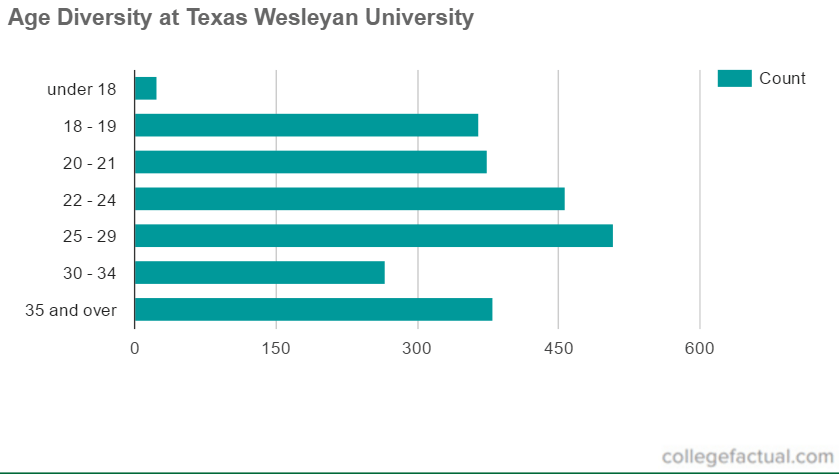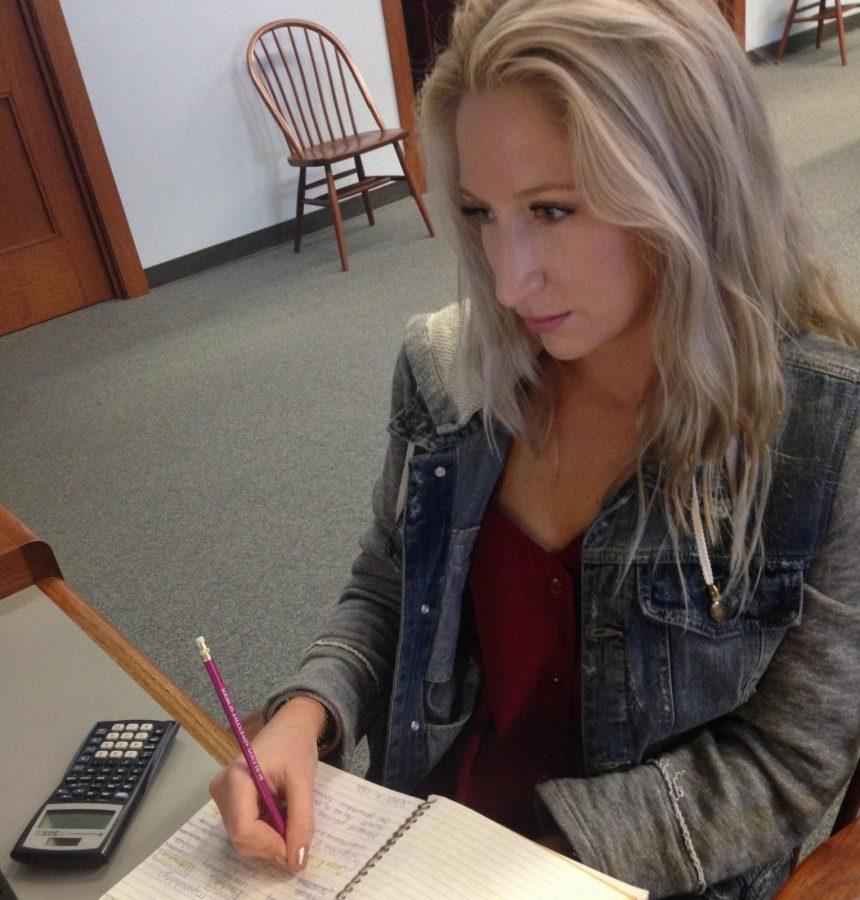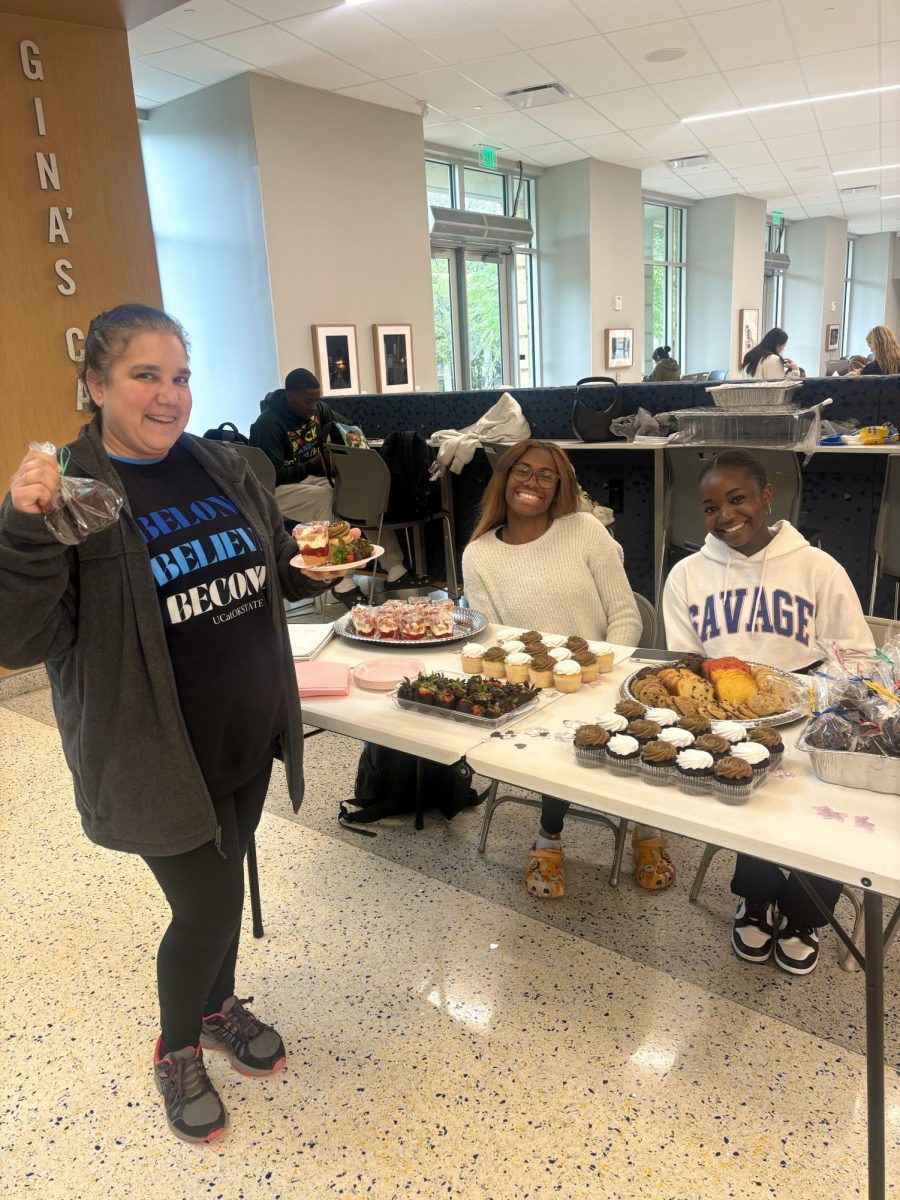For Ashley Pickett, a 28-year-old senior psychology major, graduating high school was her chance to be free.
“I had no curfew, no rules, no adults telling me what to do. It was glorious,” Pickett said.
Pickett first attended college after graduating high school as a junior in 2005. She attended Blinn College in Bryan, Texas, for one year before she dropped out at age 18.
She worked as a bartender and server for six years before she made the decision to go back to school.
“I decided that bartending and waiting tables was beginning to get old, as was I,” Pickett said. “I had to do something to turn my life around.”
Pickett enrolled at Weatherford College in the fall of 2012, then transferred to Texas Wesleyan University in 2014, where she is on track to graduate in May with a bachelor of science in psychology.
For many college students, Pickett’s story is a familiar one.
According to a study conducted in 2012 by National Student Clearinghouse, 38 percent of all college students in a fall term are now adult learners, which means they are over the age of 25.
The study, which looked at enrollment trends of adult learners from fall 2009 to fall 2011, also found that the percentage of these students attending college on a full‐time basis has been steadily increasing.
Darren White, associate vice president of Marketing and Communications, expects that this is the new normal.
“You’re not going to see a time where adult students are going to decrease from here on out,” White said.
White believes that Wesleyan has been well prepared for the growing trend of adult students, while some other schools are just waking up to the idea. The Smarter. Smaller. Promise scholarship is a perfect example, as it focuses on transfer students, many of whom are adult learners.
“We understand that adult students are a large part of the incoming student body,” White said. “We want to reach out to them in a way that answers the questions that they want answers to.”
Pati Alexander, vice president of Enrollment and Student Services, has witnessed this trend first hand at Wesleyan.
“The number of adult learners has increased over the past several years,” Alexander said. “Many adult learners are returning to school after dropping out in order to get a better job, get a promotion, or simply complete their goal of earning a college degree.”
According to collegefactual.com, Wesleyan attracts a majority of older students, with only 39 percent of undergraduate students fitting into the “traditional” 18 to 22 age bracket. The national average is 60 percent.

Dr. Bruce Benz, who has been a biology professor at Wesleyan since 1997, sees most of these adult students in his evening and weekend course offerings.
“I’m teaching a Saturday course this semester, and of the 13 students, only two are traditional,” Benz said.
Benz believes the growing trend of adult students comes from the economic apprehension of buying into debt.
“I think high school students are becoming more cautious, because it is a big risk,” Benz said. “Then, when they do come back, when they’re older, they’re much more responsible.”
Benz said persistence gets students through college, not intelligence.
“I don’t care how brilliant you are if you’re not going to stick with it,” Benz said. “I think that’s why people come back to school, and that’s why they’re better bets, because they’ve figured out that it’s about persistence.”
In the audio below, Dr. Benz told a story about a member of the Texas Wesleyan staff and their experience with trying the route of a traditional student.
Audio PlayerThis advice resonates with Grace Fisher, a 25-year-old junior marketing major who did not know what career path she wanted to take or even what she wanted to major in her first time in college.
“When I was in college at age 18, I did not take it very seriously,” Fisher said. “I feel like I was still trying to figure out who I was as a person. Now, at age 25, I am the most secure I’ve ever been with myself as a person and as a student.”









![Pippin, played by Hunter Heart, leads a musical number in the second act of the musical. [Photo courtesy Kris Ikejiri]](https://therambler.org/wp-content/uploads/2025/04/Pippin-Review-1200x800.jpg)
![Harriet and Warren, played by Trinity Chenault and Trent Cole, embrace in a hug [Photo courtesy Lauren Hunt]](https://therambler.org/wp-content/uploads/2025/02/lettersfromthelibrary_01-1200x800.jpg)
![Samantha Barragan celebrates following victory in a bout. [Photo courtesy Tu Pha]](https://therambler.org/wp-content/uploads/2025/05/20250504_164435000_iOS-834x1200.jpg)





![Hunter Heart (center), the play's lead, rehearses a scene alongside other student actors. [Photo courtesy Jacob Sanchez]](https://therambler.org/wp-content/uploads/2025/04/thumbnail_IMG_8412-1200x816.jpg)
![Student actors rehearse for Pippin, Theatre Wesleyan's upcoming musical. [Photo courtesy Jacob Rivera-Sanchez]](https://therambler.org/wp-content/uploads/2025/04/Pippin-Preview-1200x739.jpg)
![[Photo courtesy Brooklyn Rowe]](https://therambler.org/wp-content/uploads/2025/05/CMYK_Shaiza_4227-1080x1200.jpg)

![Lady Rams softball wraps up weekend against Nelson Lions with a victory [6 – 1]](https://therambler.org/wp-content/uploads/2025/04/Screenshot-2025-04-04-100924-1200x647.png)

















